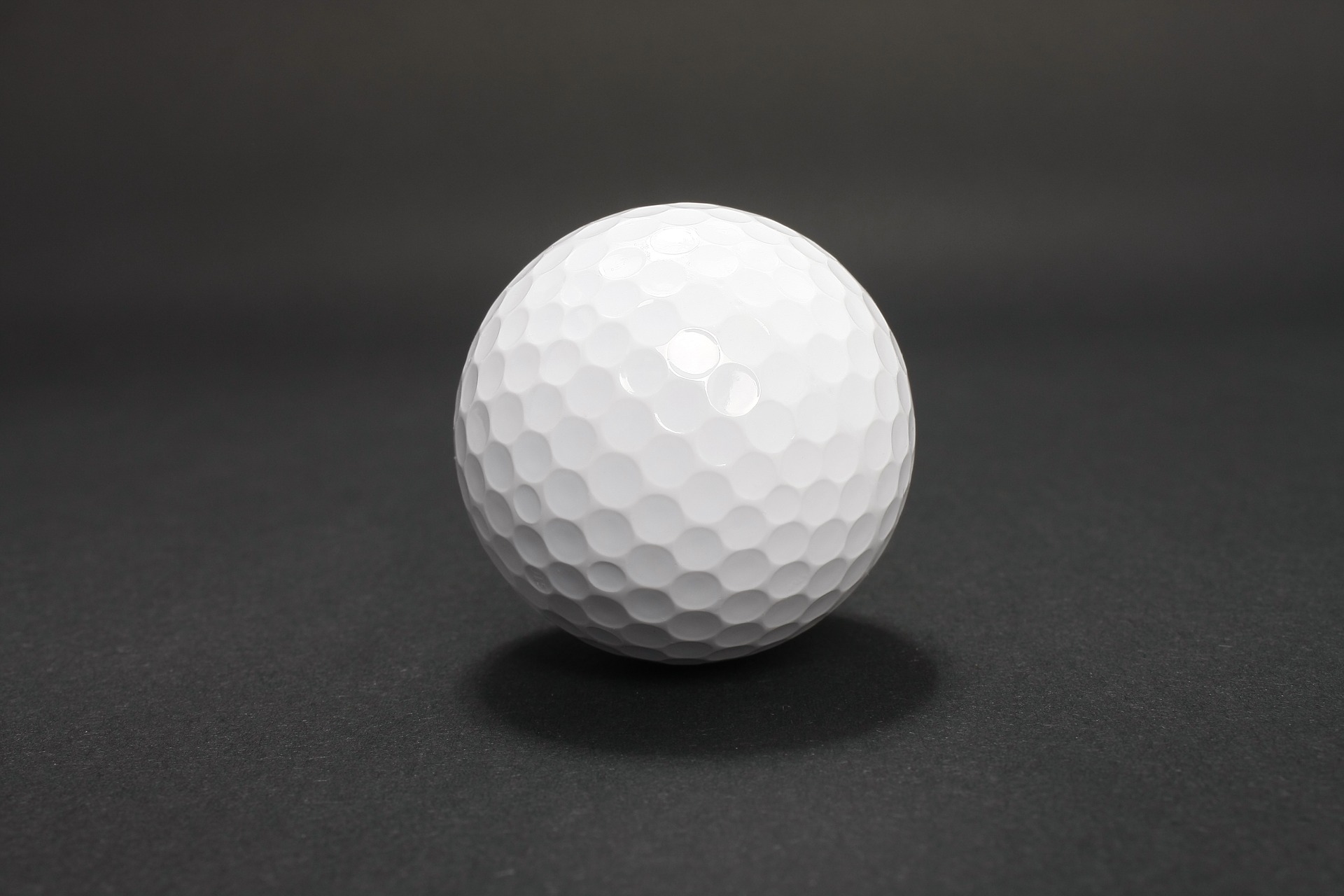Are Soft Golf Balls Better?
Soft Golf Balls have a lower compression and will help golfers out that struggle with distance and may need more feel around the greens.
Soft golf balls are becoming more popular every year and help amateur golfers achieve their potential.
But, are is a soft golf ball better for beginners than a hard ones? Let’s look at a few facts surrounding the question, “Are soft golf balls better?,” and what makes them different from standard hard-covered golf balls.
What are Soft Golf Balls?
Soft golf balls, also known as low-compression golf balls, are designed with a softer core compared to traditional golf balls. They are engineered to provide a different playing experience and offer specific benefits to golfers. Here are some key characteristics and advantages of soft golf balls.
Why Use a Soft Golf Ball?
Soft golf balls have made headlines as the new hot item for serious golfers. Manufacturers claim that soft balls will help you hit the ball farther and perform better around the greens.
So, are soft golf balls better?
Soft Golf Balls will suit golfers that don’t have a fast swing speed. In addition, the Golf Ball will compress more at impact off the clubface, which helps generate more distance.
If you are not a long hitter of the golf ball, a soft golf ball will increase your distance off the tee and your accuracy around the green.
Your shot selection will also improve when you start to use a soft golf ball as you will begin to understand how far you hit each golf club. This is because the golf ball will be more suited.
Soft golf balls have a lower compression rating, typically ranging from 40 to 80, compared to higher-compression balls. Compression refers to the amount the ball compresses upon impact. Lower compression balls compress more easily, allowing golfers with slower swing speeds to compress the ball adequately for maximum distance.
When are Hard Golf Balls Used?
Many golfers use golf balls that are as hard as rocks, but are these more rigid balls any better?
It is common knowledge that a harder golf ball will fly further, mainly because a hard ball has a hard cover, and these golf balls do not spin.
A Hard Golf Ball is ideal if you want distance and just distance, but the sacrifices a player will make with feel around the greens are not ideal. In addition, the Golf Ball becomes a lot more challenging to control for the short game.
Who Makes Soft Golf Balls?
Most of the recognized golf brands will make a soft golf ball, targeted at the golfer who wants a little more feel around the greens and needs that added distance.
Leading golf manufacturers, including Srixon, Callaway, Wilson and Titleist, have produced a soft golf ball that works very well.
Who Should use Soft Golf Balls?
Soft golf balls can benefit golfers with slower swing speeds as the lower compression helps generate more ball speed and distance. The softer core helps the ball deform and regain its shape more efficiently, leading to increased energy transfer at impact. This can result in longer carries and more distance overall.
Golfers that have a below average clubhead speed and struggle with distance, may benefit from using a soft golf ball.
Soft golf balls are often preferred by golfers looking for increased control and feel around the greens. The softer cover allows for better bite and more spin on shorter shots, such as pitches, chips, and putts. This can help golfers better control their shots, land the ball softly, and generate more stopping power on the greens.
What are the Best Soft Golf Balls?
This is a more personal preference for golfers and trying a few different options out, but one of the more popular models has been the Srixon Soft Feel Golf Ball.
The Srixon Soft Feel golf ball provides a great feel around the greens and adds distance off the tee.
Conclusion
Soft golf balls are typically not used by professionals at the highest levels of tournament golf. Still, some of the premium tour level golf balls come in softer lower compression options for the more accomplished players.
Soft golf balls might be the answer if you are hogging the course with your buddies on a sunny Sunday morning. Plus, they’re easier on the hands and wrists and don’t bite as much in the wind, making them ideal for those with issues with their game.
Over the years, golf manufacturers have tried many different things to try and make the ball go further. One of these was the soft golf ball, but has this helped or just confused the average golfer? It has given players more options that will ultimately benefit their games in the long term.
Soft golf balls are less likely to break than hard-surfaced balls, so they tend to last longer, but some people think the feel and feedback are more beneficial. Try a few different kinds and see what works best for you.
It’s important to note that choosing the right golf ball depends on personal preference, playing style, and skill level. Golfers with faster swing speeds may still prefer higher-compression balls for better control and workability. Experimenting with different types of golf balls can help you determine which one suits your game best.
For more information and a price on Soft Golf Balls, Click the Link
If you want to learn more about Golf Balls, have a look at our Post on How to Choose Golf Balls.
If you are new to golf and need some pointers to start out, look at the post on Basic Golf Lessons for Beginners.


